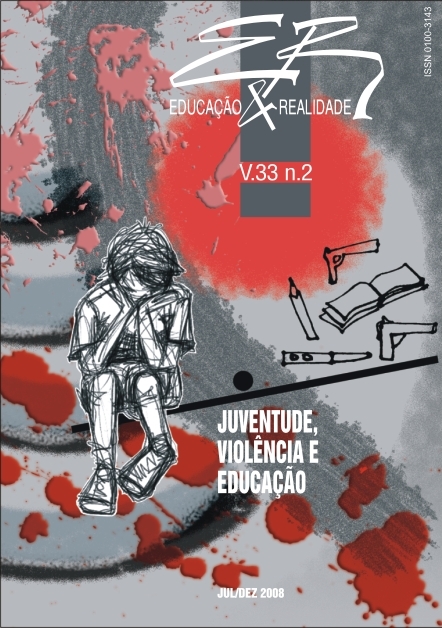Homicide Prevention: the experience of the Staying Alive Program in Morro das Pedras.
Keywords:
Homicídios. Prevenção. Violência.Abstract
Homicides constitute an important problem of security and public health in Brazil. In spite of that, preventive programs are rare in our country. Since 2002, the Program of Homicide Control - Staying Alive - has been implemented in Belo Horizonte, Minas Gerais. Inspired by social disorganization theory to explain crime this program focuses in violent neighborhoods and articulate criminal justice and social support actions. The evaluation of the impact of the program in this pilot area showed reductions in homicide rates, as well as reduction in school violence, buses and passer-by robbery as well as violence in local businesses. These results show that the Staying Alive model could be an alternative for homicide prevention at poor neighborhoods with high rates of homicides.Downloads
Download data is not yet available.
Additional Files
Published
2008-05-30
How to Cite
Silveira, A. (2008). Homicide Prevention: the experience of the Staying Alive Program
in Morro das Pedras. Educação & Realidade [Education & Reality], 33(2). Retrieved from https://seer.ufrgs.br/index.php/educacaoerealidade/article/view/7070
Issue
Section
Articles















